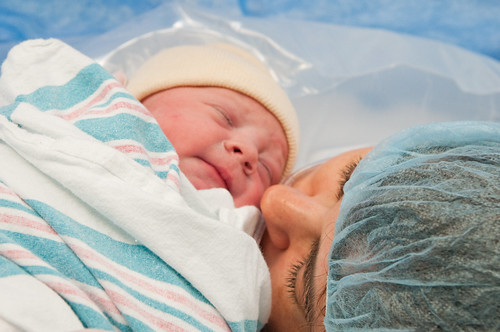- Such knowledge may be practically useful in a current or future application.
- Knowledge is inherently wonderful to have (just ask yourself if you'd like to be deprived of your eyesight, memories, or intellect, which are a few examples of the faculties we have for knowing the world).

But when I did clinical research a few years ago as a premed, I noticed the huge information glut in the scientific community.
This glut is mostly harmless but uselessly repetitive research published for the sake of publication. But the glut also includes false conclusions published and tolerated because of bias (conscious or unconscious, good or evil) and lack of skill (in the relevant field or in statistics).
One example of a false conclusion is The comparative safety of legal induced abortion and childbirth in the United States, by Elizabeth Raymond and David Grimes, promoted by Reuters the day after the March for Life. Its flaws are pointed out by Priscilla Coleman in this brief critique. Coleman's main thrust is that Raymond and Grimes' data is incomplete, because:
- not all states count abortion-induced deaths,
- not all abortion clinics report deaths,
- not all abortion-induced deaths occur after first trimester abortions, and
- not all autopsies correctly report abortion as a cause of death (e.g. if a women went to the ER after leaving an abortion clinic).
I am ready to believe well of people, since I cannot read their intentions. However, I do not hold out that hope for research, which I can read and dismiss as poor.
Update 1/29/12: AAPLOG recommends afterabortion.org's research on this.
No comments:
Post a Comment